CIPHER launched its Growing the Leaders of Tomorrow Fellowship Programme in 2017 to build and support clinical research leadership in paediatric and adolescent HIV in low- and middle-income countries, particularly high-burden countries in sub-Saharan Africa.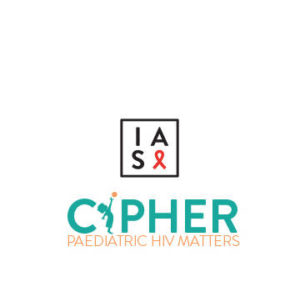
CIPHER Fellows are medical practitioners from sub-Saharan Africa with clinical research experience and the potential to become the next generation of leaders in paediatric and adolescent HIV clinical science. Each fellow receives $70,000 over two years, and has already linked with a potential mentor. The mentor is an internationally renowned researcher in paediatric and adolescent HIV with an established clinical research collaboration based at an institute of excellence in sub-Saharan Africa.
By supporting this link, the programme strengthens each fellow’s research skills, facilitates their integration into international clinical research networks, and enables them to compete more effectively for international research funding. At the same time, it helps address priority research gaps in paediatric and adolescent HIV clinical science and contributes to building institutional capacity in sub-Saharan Africa.
Find out more
 The programme preview of the 10th IAS Conference on HIV Science (IAS 2019) is now available featuring the confirmed symposia and plenary sessions.
The programme preview of the 10th IAS Conference on HIV Science (IAS 2019) is now available featuring the confirmed symposia and plenary sessions.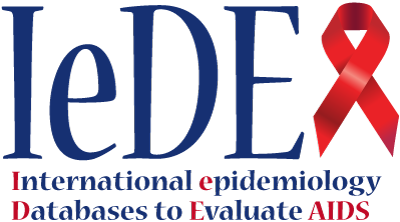
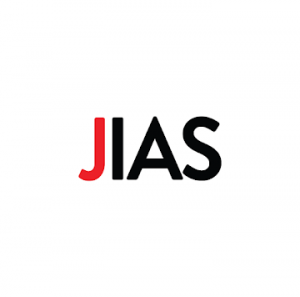

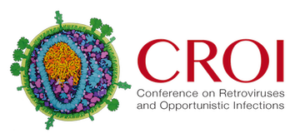 The
The 
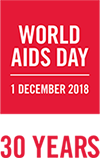 The theme of this year’s World AIDS Day was “Live life positively – know your HIV status”. Visit the
The theme of this year’s World AIDS Day was “Live life positively – know your HIV status”. Visit the 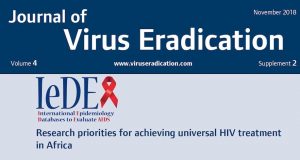 Nearly all countries in sub-Saharan Africa (SSA) have adopted national polices for universal HIV treatment, regardless of CD4 cell count or clinical stage. Evidence to date from SSA suggests that, once linked to care, timely ART initiation with retention and viral suppression is the norm. However, ART initiation in SSA usually occurs late in the course of infection, driving up mortality and new infection rates. With 10.3 million people untreated and a projected 1.2M new infections per year in SSA, the universal treatment era presents strategic opportunities for health systems to substantially reduce AIDS-related mortality and HIV incidence. This special issue of the Journal of Virus Eradication, with contributing authors from the African regions of the
Nearly all countries in sub-Saharan Africa (SSA) have adopted national polices for universal HIV treatment, regardless of CD4 cell count or clinical stage. Evidence to date from SSA suggests that, once linked to care, timely ART initiation with retention and viral suppression is the norm. However, ART initiation in SSA usually occurs late in the course of infection, driving up mortality and new infection rates. With 10.3 million people untreated and a projected 1.2M new infections per year in SSA, the universal treatment era presents strategic opportunities for health systems to substantially reduce AIDS-related mortality and HIV incidence. This special issue of the Journal of Virus Eradication, with contributing authors from the African regions of the